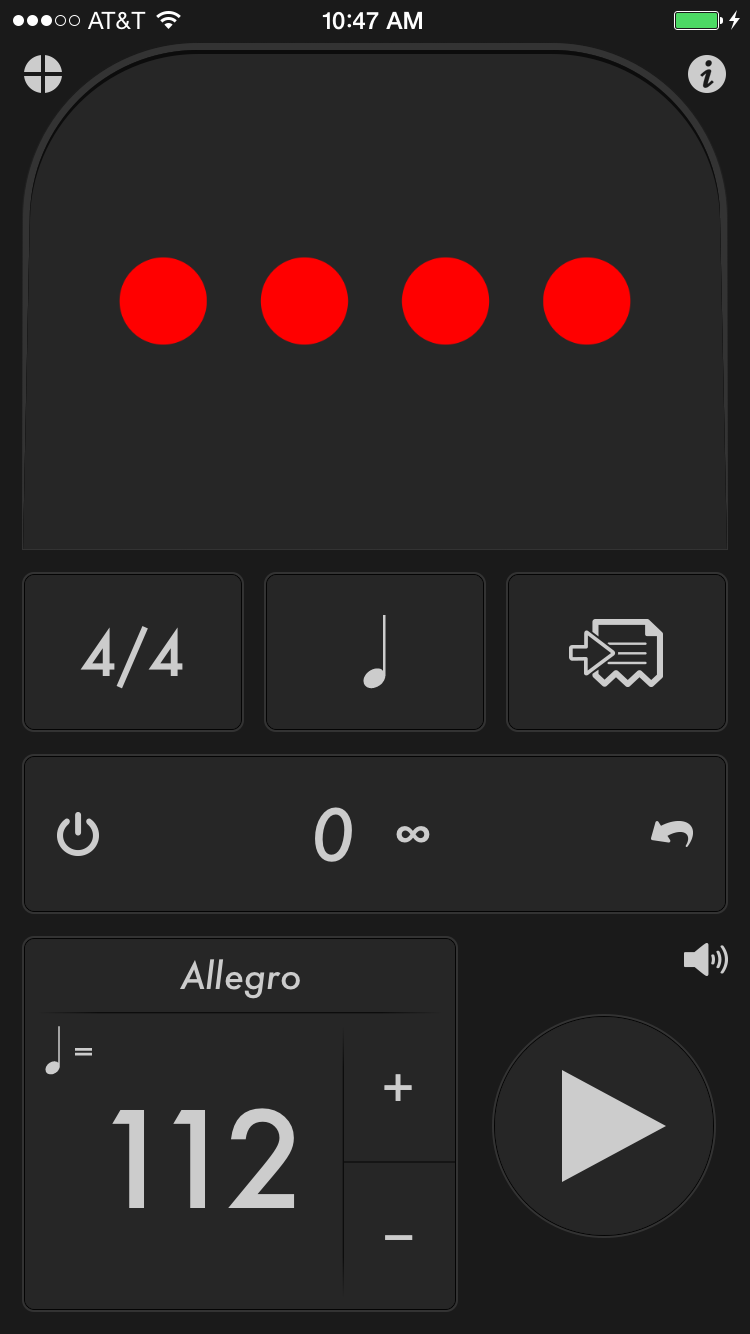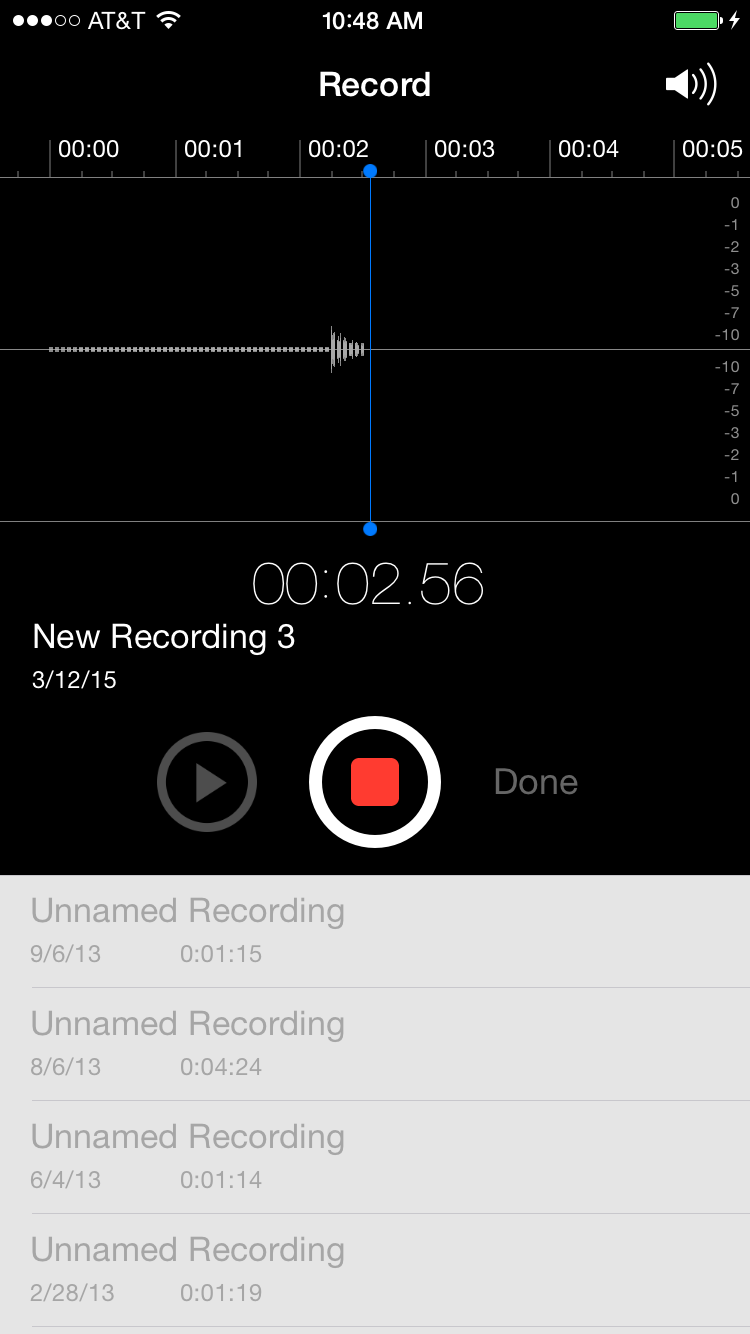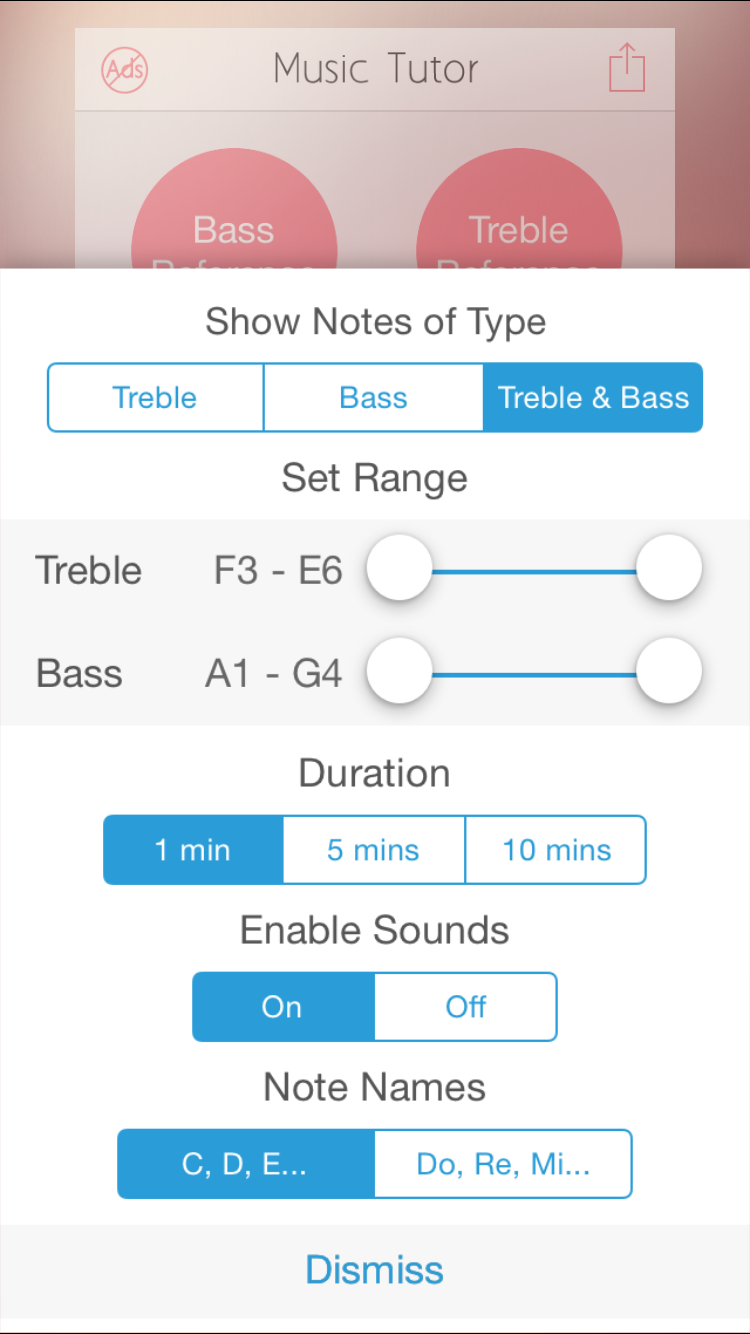Great Free Apps for New Music Students
Since so many music students have access to iPads and iPhones I thought it would be useful to put together a list of great free apps. For those of you who use Android devices I’ve provided links where available.
Metronome: Tempo Lite by Frozen Ape
A metronome is an essential part of any music student’s tool bag. This is a great metronome app; it is accurate and flexible. The free version has everything a new music student will need, if your music gets complicated you can upgrade to the paid app. And, if you’re an Android user there’s a paid app version for you.
Music Tutor (free) by JSplash
A great way to learn all the notes on the staff. The free version has ads, but it’s worth it for a quick and fun way to master the note names. You can customize it so that students only learn a portion of the notes at a time and then add in notes as they learn them on their instrument. There is an Android version, too.
Keezy Drummer by Elepath
This app is a fun way to experiment with rhythms. All the beats are in 4/4 time, but if students are resisting the metronome, this can be a fun alternative. Unfortunately, there is no Android version for Keezy apps yet.
Keezy by Elepath
From the same company, a great app for stepping into the creator’s shoes. You can use their sounds or make your own and then play them using the colorful buttons. It is a great way to think about music away from your usual instrument.
Voice Memos by Apple
It’s always great to have a recording device handy and since most people have a phone with them at all times it's the perfect solution. I encourage voice students to record their lessons so they can remember what we talked about and so they can use the warmup exercises from their lessons during the week. Instrumentalists and singers can use it to record an example from a lesson or to record something during practice that their teacher can then hear in a lesson. It comes standard on an iPhone.
GarageBand by Apple
If you want a great free recorder for iPad try GarageBand. This is great for recording via the built in microphone. Students can also experiment with composing for different instruments and play with loops.




